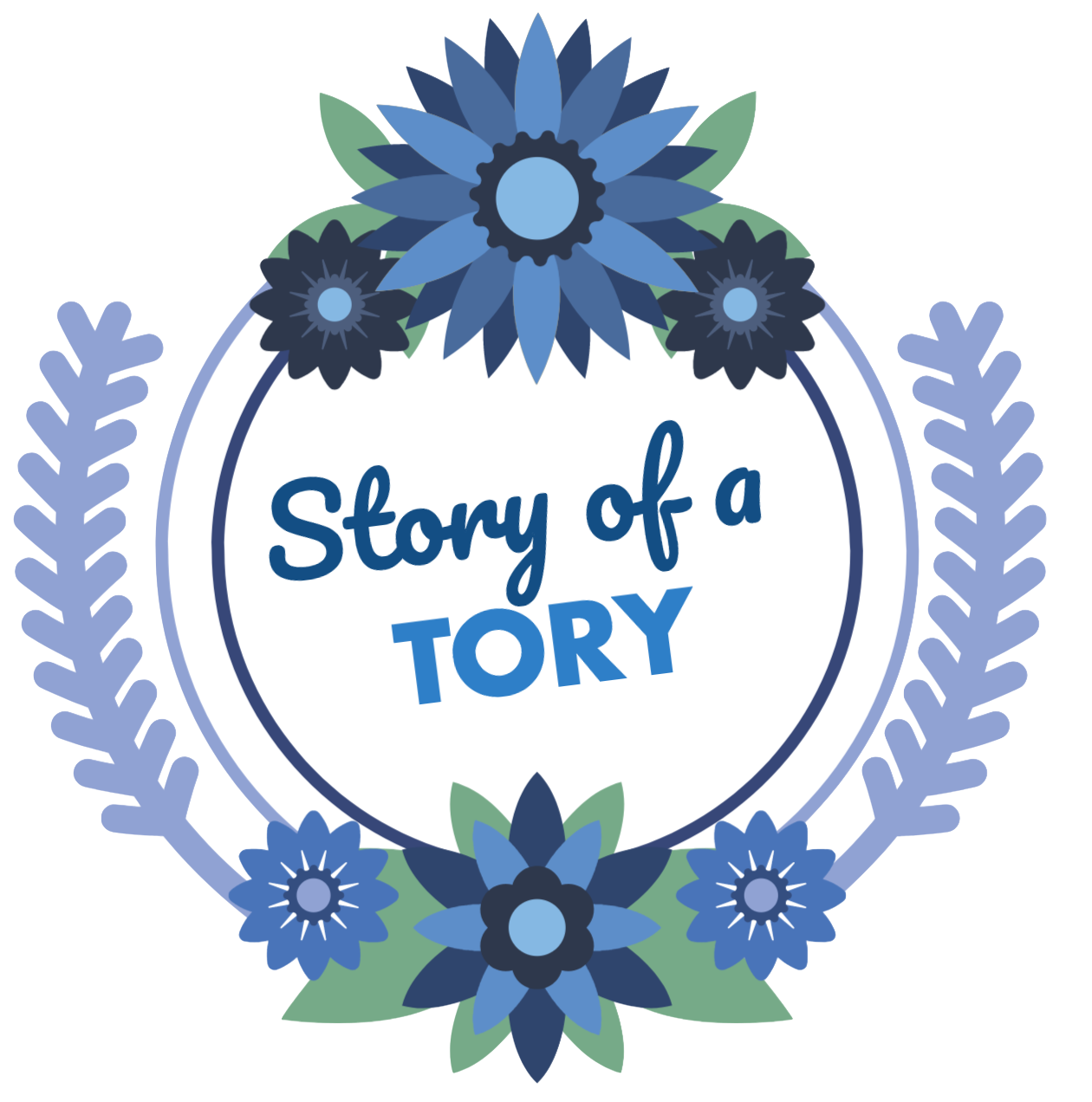
The Ontario election is finally over, bringing an end to a short but intense campaign and, most importantly, six years of consistent Liberal attacks on rural life. Over those years our local schools were put on the chopping block, hydro rates and the increased minimum wage forced the closure of countless small businesses, and the Green Energy Act’s imposed wind turbine contracts erased all remaining traces of democracy along main streets and dirt roads. Kathleen Wynne’s out of touch, arrogant attitude towards those affected most by these policies made clear that no hope for relief could be found in another Liberal government. Ontarians voted for overdue change on June 7, and the result is a new hope for our voices to be heard at Queen’s Park. In anticipation of Premier Doug Ford’s assumption of office, we’re looking ahead with excitement to how a Progressive Conservative majority will bring relief for rural Ontario.
- A Proven Team
One of the most promising aspects of a PC government is that Premier Ford will be surrounded by a solid caucus of rural advocates who have been defending our interests in the legislature since the Liberals took power. These are not the token empty admirers of farmers and middle-class workers that have become all too familiar, but trusted representatives who live in and understand the communities in their ridings. Who can forget when Lambton-Kent-Middlesex MPP Monte McNaughton presented a jar of “undrinkable swill” well water that resulted from wind project construction during Question Period? We’ve seen other PC
MPPs championing rural issues, seemingly speaking into the abyss during Question Period, like Huron-Bruce’s Lisa Thompson urging for improved rural mental health services and Oxford MPP Ernie  Hardeman’s advocacy for a food literacy strategy and critique of Bill 36, the Local Food Act . These
Hardeman’s advocacy for a food literacy strategy and critique of Bill 36, the Local Food Act . These
established representatives know firsthand how Liberal mismanagement has affected our communities, and they and their other rural colleagues will be a powerful force for including these perspectives in forthcoming legislation. While Premier-elect Doug Ford is from Toronto, he has a long list of experienced caucus members to draw upon for decision-making input. He has already stated that he would favour an agricultural minister with a farm background, and commentators project Lisa Thompson, Toby Barrett of Haldimand-Norfolk, Ernie Hardeman, and Monte McNaughton as potential candidates. No matter the official appointments, our interests are sure to be reflected in cabinet for the first time in many years.
- End of the Green Energy Act
For communities like mine in Dutton-Dunwich, this PC victory has a massive impact on the fate of our ongoing struggle against a Liberal-imposed wind turbine project in the face of overwhelming local opposition. Ford’s promise to scrap the Green Energy Act, combined with the ability of our local champion MPPs like Jeff Yurek, Lisa Thompson, and Monte McNaughton to have a voice in the decision-making, can quite literally mean the demise of the ill-developed contracts and prevent further community disruption.
Jane Wilson, president of Wind Concerns Ontario, has stated that the Act must be first used to reverse the implementation process for project contracts based onwind turbine noise regulations and enforcement,
and returning local land-use planning to municipalities. While the damage to rural communities has already been done in terms of health and environmental consequences, social fragmentation, and property valuation, eliminating the potential for further mismanagement is a crucial step forward.
- Plan for the People
Finally, the proof is in the platform in terms of what is being promised for rural Ontarians. Scrapping the carbon tax and lowering taxes and hydro bills will be a great start, but there are several key areas of the Plan that make it clear that the PC party is listening to rural voters. For one, the party promises to expand natural gas distribution as well as cellular and broadband services. It also pledges to support Regional Economic Development Funds which will attract investment and create jobs in rural areas and reduce the small business tax rate by 8.7%. Increasing access to apprenticeships to help fill the skills gap will be a major benefit to rural young people stepping into trades industries in their communities and ensure that they are equipped to make promising careers in their hometowns. The Plan consistently emphasizes supporting Ontarians by putting more money back into their wallets, and it couldn’t be raining on a drier spot.
Overall, Ontario is looking towards a new horizon of government leadership– one that finally includes a combine making lines across a field and a flashing yellow caution light in the distance. Good things really do grow in Ontario, but not without rural interests being included in government decision-making. It’s time we start getting the attention we deserve.
Disclaimer: Story of a Tory is in no way affiliated with the Conservative Party of Canada, the Progressive Conservative Party of Ontario, or any other political party, be it federal or provincial. The views of each author are independent of all other authours.

0 Comments